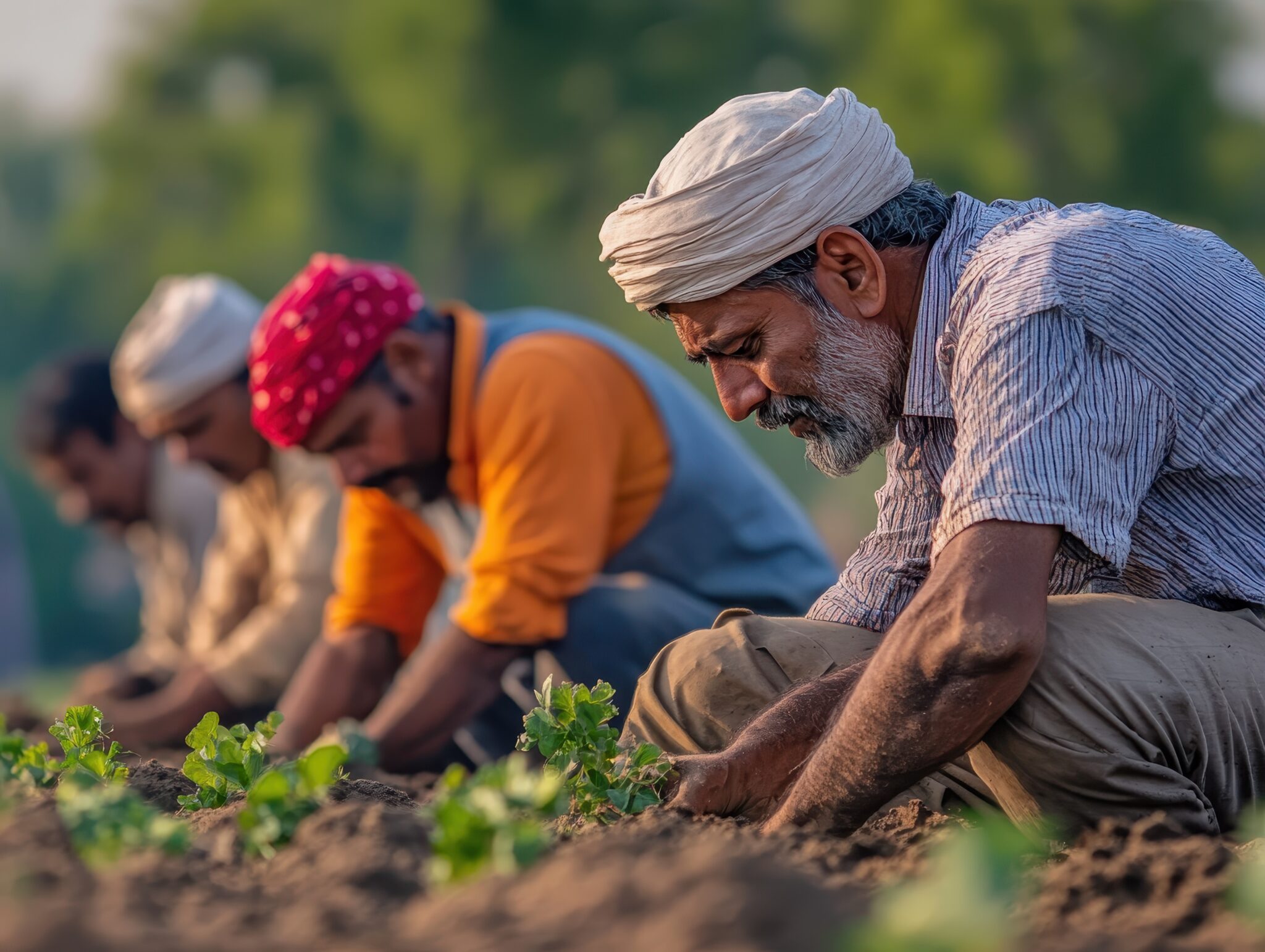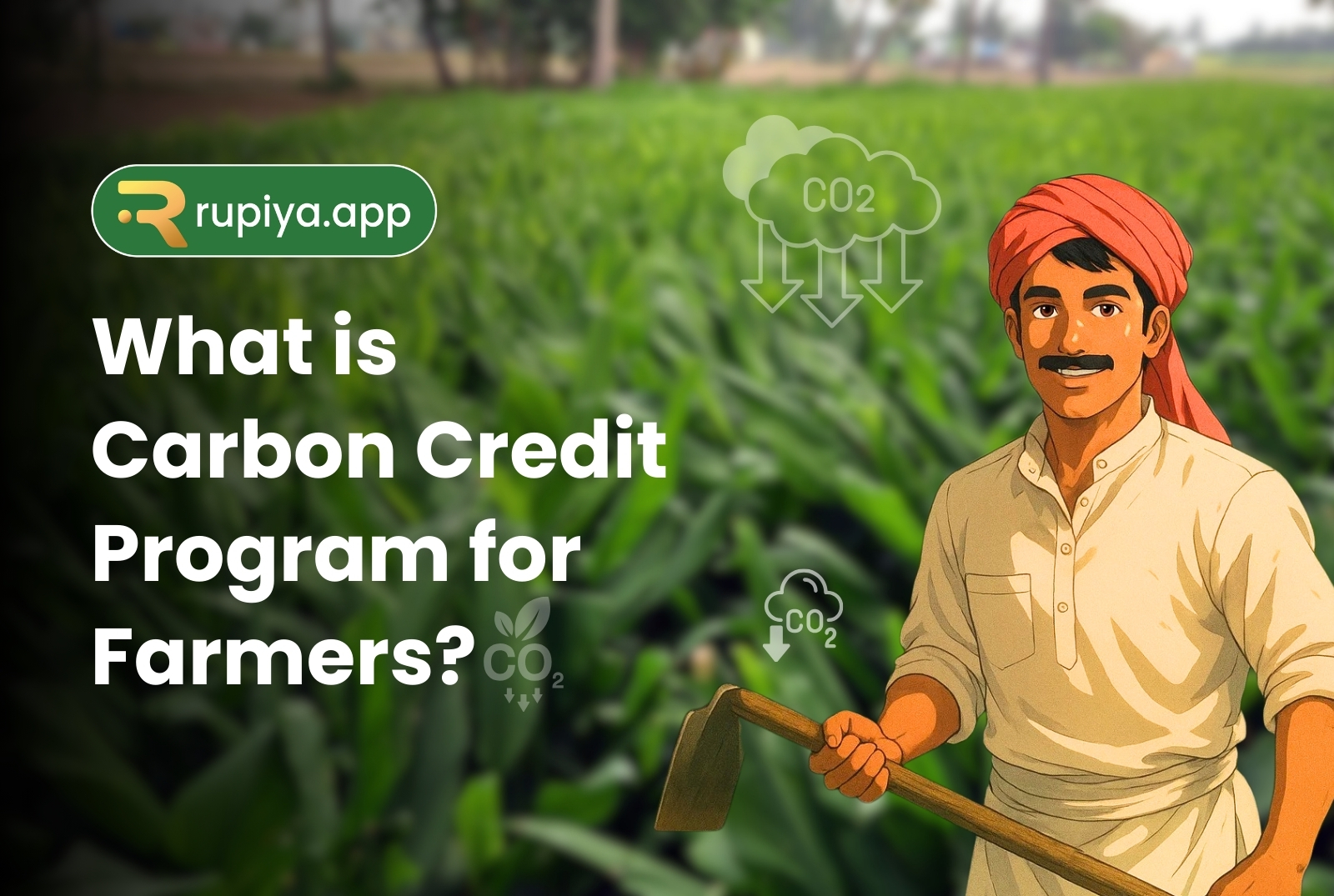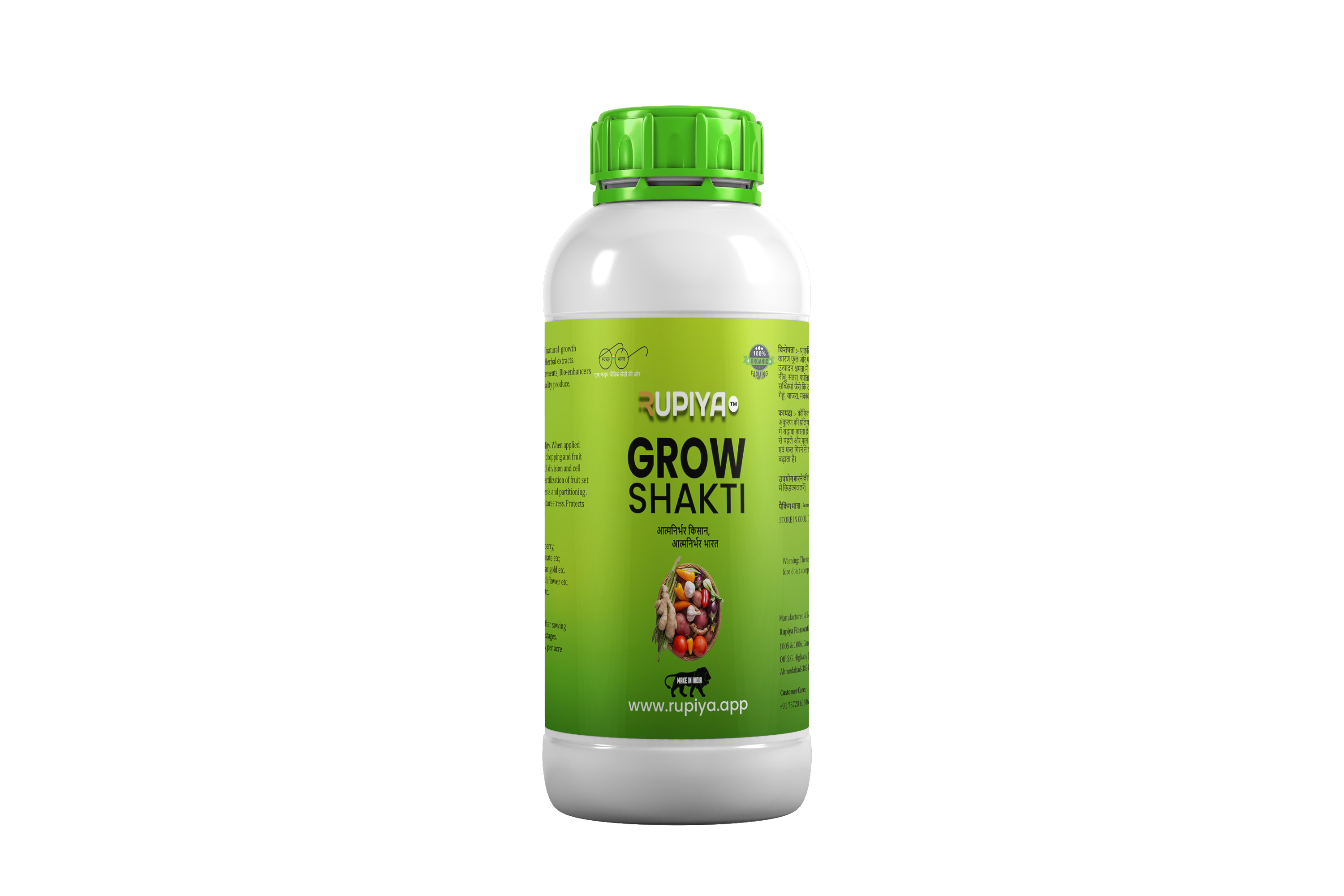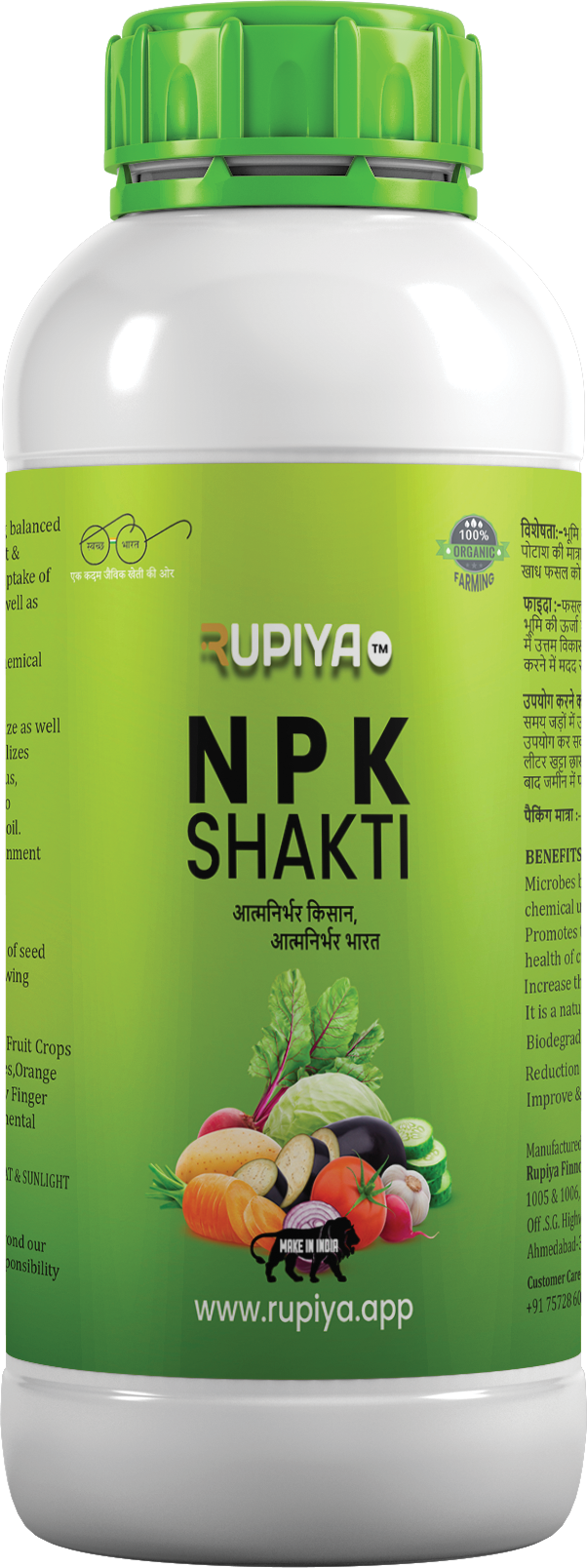Residue Free Farming: Benefits For 10,000+ Farmers

Why Residue Free Farming Is Gaining Ground in India
There has been an incredible shift in India’s farming landscape in recent years, with a growing emphasis on healthier and more sustainable agricultural practices. Leading this transformation is Residue-Free Farming — a revolutionary method that produces crops completely free from toxic chemical residues, benefiting not only consumers, but also the environment and the farmers themselves.
Since its launch in November 2021, more than 10,000 farmers have embraced this approach, and the number continues to grow. But what exactly does Residue-Free Farming involve, and why are so many making the switch?
At its core, Residue-Free Farming means cultivating crops without leaving behind harmful chemical residue. It’s about nurturing healthier soil, ensuring safer food, and supporting long-term sustainability. It’s more than just a technique — it’s a dedication to farming the right way.
Ready for Safer, Smarter Farming?
Make the switch to Residue-Free Farming for healthier crops, better soil, and higher market value.
Switch to Residue-Free with rupiya.app
Why Are Farmers Choosing Residue-Free Farming?
Across India, more and more farmers are making the switch to Residue-Free Farming and for good reason. The benefits span across every aspect of agriculture, from soil health to financial gains.
For the Soil
Residue-Free Farming enhances soil health and fertility by avoiding synthetic fertilizers and chemicals. This approach promotes long-term productivity and reduces the need for heavy machinery that can damage soil structure.
For the Crops
Crops grown using residue-free methods are often of higher quality, with better yields and improved nutritional value. They meet the rising demand for clean, safe, and healthy food.
For the Farmers
- Reduced Chemical Exposure: Farmers benefit from less exposure to harmful pesticides and synthetic inputs, improving their overall health and safety.
- Economic Benefits: While transitioning to residue-free practices may involve upfront investment, farmers gain access to premium markets and enjoy higher profit margins over time.
- For the Finances: Lower input costs and smarter cultivation practices mean a reduced cost of farming, making operations more sustainable and profitable in the long run.
For the Environment
This farming method helps protect natural resources by reducing pollution of soil, water, and air. It’s a big step towards an eco-friendly future.
For the Consumer
With increasing awareness of health risks linked to chemical residues in food, consumers are actively seeking residue-free produce. This shift in demand is pushing the market and farmers in a healthier direction.

The Reach of Residue-Free Farming: 6 States, 10,000+ Farmers
Since the launch of this movement in November 2021, over 10,000 farmers have taken a significant step toward healthier, more sustainable agriculture by adopting Residue-Free Farming practices.
These farmers represent a wide geographical spread, coming from six diverse Indian states:
- Maharashtra
- Madhya Pradesh
- Gujarat
- Bihar
- Uttar Pradesh
- Karnataka
Each region brings its own unique farming conditions and crop varieties, yet the commitment to residue-free cultivation remains the same. This wide adoption shows the growing trust in sustainable methods and the increasing demand for safe, chemical-free produce.
By joining this initiative, these farmers are not only improving their own soil health, crop quality, and profitability but are also playing a vital role in redefining the future of Indian agriculture. Their collective efforts are paving the way for a more resilient, environmentally conscious, and economically viable farming ecosystem.
Crops Thriving Under Residue-Free Farming
One of the strongest proofs of Residue-Free Farming’s versatility is the wide variety of crops being successfully cultivated using this method. Farmers across different regions are growing everything from staples to spices, all without the use of harmful chemical residues.
Some of the major crops include:
- Banana
- Chilli
- Turmeric
- Ginger
- Maize
- Pigeon Pea
These crops are not only meeting the rising demand for healthier, chemical-free food, but they are also unlocking new economic opportunities for farmers.
With growing consumer awareness and interest in residue-free produce, these crops often command better prices in the market, making this approach both sustainable and profitable.
How Farmers Can Become Part of the Residue-Free Movement
Farmers or farming communities interested in adopting Residue-Free Farming can become part of the movement through collaborative models designed for scalability and impact:
- Partnering with FPOs (Farmer Producer Organizations)
- Joining as farmer groups with a minimum of 100 acres of cultivable land
This group-based approach ensures efficient sharing of resources, knowledge, and support, making it easier for farmers to transition successfully.
Residue-Free Farming: Shaping Tomorrow’s Agriculture
Residue-Free Farming is more than just a modern trend — it’s a transformative shift in agriculture. With over 10,000 farmers already on board and the numbers growing daily, this movement is driven by the promise of better soil health, higher-quality crops, and a cleaner, safer environment.
The future of farming has arrived, and it’s residue-free.
Whether you’re just discovering Residue-Free Farming or ready to take the next big step, support is always within reach. Get expert guidance and resources to help you grow better, safer, and more sustainably.
Visit us at: rupiya.app
Call our support team: 75728 60606
frequently asked questions
- Is Residue-Free Farming more expensive than traditional methods?
Not necessarily. Initial adjustments may be needed, but reduced input costs and access to premium markets often lead to better long-term profitability.
- Will it affect my crop yield?
Yields typically remain steady or even improve due to better soil health and more natural growing practices.
- How do I start if I don’t have 100 acres of land?
You can join through a Farmer Producer Organisation (FPO) or partner with other farmers to meet the acreage requirement.
- What kind of support will I get after joining?
We offer comprehensive support via our website, mobile app, and dedicated helpline, covering everything from training to crop planning and market access.
- Are there specific crops that work better with residue-free methods?
Yes. Crops like banana, chilli, turmeric, ginger, maize, and pigeon pea have shown excellent results. Many other crops are also adaptable to residue-free methods.
- How does it benefit the environment?
Residue-Free Farming reduces chemical runoff, protects water sources, and enhances biodiversity, making it an eco-friendly choice. - Will I get better prices in the market?
Absolutely. As consumer demand for safe, chemical-free food rises, residue-free produce often commands higher prices. - Is there training available for first-time adopters?
Yes! We provide accessible training via our app, website, and on-ground experts, ensuring a smooth transition.











